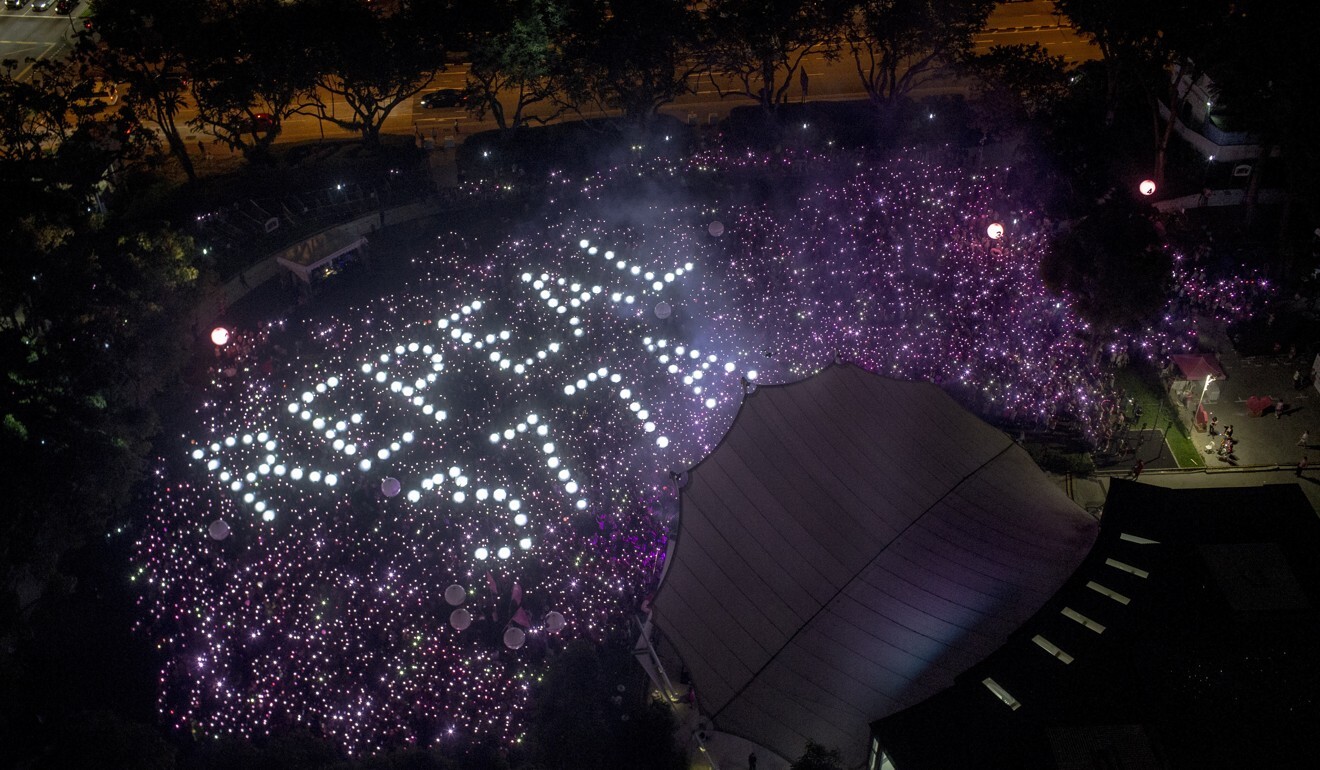
Singapore’s gay sex law: either enforce it or end it, activist tells government
- Roy Tan, a retired doctor and LGBTQ activist, is launching a fresh bid to challenge Section 377A
- Under the colonial-era law, men in Singapore who engage in gay sex can be jailed for up to two years, although prosecutions have been rare
“It’s a recourse that every citizen has when adversely affected by the administration of the law by the government,” Tan said on Friday.
“Once the administration of law is inconsistent due to a policy or action of the government, we can have recourse at the High Court or Court of Appeal to force the government to undo their action or policy.”

Section 377A can imprison men for engaging in gay sex for up to two years, although prosecutions are rare in the modern but socially conservative city state.
Singapore’s ministry of home affairs did not respond to requests for a comment.
Why some in Singapore’s LGBTQ community prefer life in shadows
The argument of inconsistencies in Singaporean law that is being used in the latest legal action had rarely been used before, said Tan.

“There are two ways they can do this: the first way is to make 377A enforceable again but that would be unthinkable because it would mean every gay man who had sex in private would have to be hauled up to the police,” he said.
Unlocked: the Filipino gay drama shot during lockdown on an iPhone
The latest High Court bid is expected to be heard in 10 months but will be scrapped if the constitutional challenge case is a success at the Court of Appeal first, said Tan.
M. Ravi, a human rights lawyer representing Tan in his High Court bid, said not reporting or enforcing parts of the penal code – either by citizens or police – was “problematic”.
“(The government) have already acknowledged that 377A should not be proactively enforced because it is deemed discriminatory,” he said. “We know that they cannot go back. The only way is to repeal 377A completely.”
